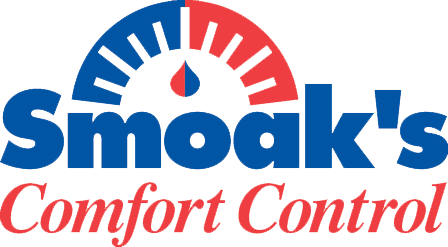Preventative maintenance agreements help your HVAC system last as long as possible and run as effectively as designed. However, they can also help tackle those annoying spring allergies. How is this possible? Let’s take a look at two ways:
Changing the Air Filter
The air filter is such a simple, yet important part of the HVAC system. It’s so important because it helps maintain indoor air quality. At no time is this truer than during the spring season when plants and trees release pollen. Even if you stay inside all day to avoid the outdoor pollen, some of it will inevitably make its way inside the building. And when it does, the easiest and best way to get rid of it is to allow your HVAC system to filter it from the air.
But over time the HVAC’s air filter becomes dirty and no longer removes particles from the air effectively. This is for two reasons. First, the air filter can’t allow as much air to flow through it. Second, the air filter can’t capture as many particles from the air. By changing the HVAC air filter as a part of routine HVAC maintenance, you ensure it’s able to continue removing pollen from the indoor air.
Inspect the Air Conditioner
When it’s allergy season, the air conditioner usually runs, not the heater or furnace. One benefit of running the air conditioner is its ability to dehumidify the air. Maintaining the proper humidity can help with allergies by making it harder for allergens like mold to grow or spread.
But when the air conditioner removes this water from the air, it needs to dispose of it somehow. Most air conditioners will have a tube that sends this water into a drain or pipe within the building. To make sure this water continues to flow out of the building, you need to regularly inspect the air conditioner’s condensate pan and drain.
To learn more about how maintenance agreements can help fight allergies, get in touch with our experts at Smoak’s Comfort Control today.

